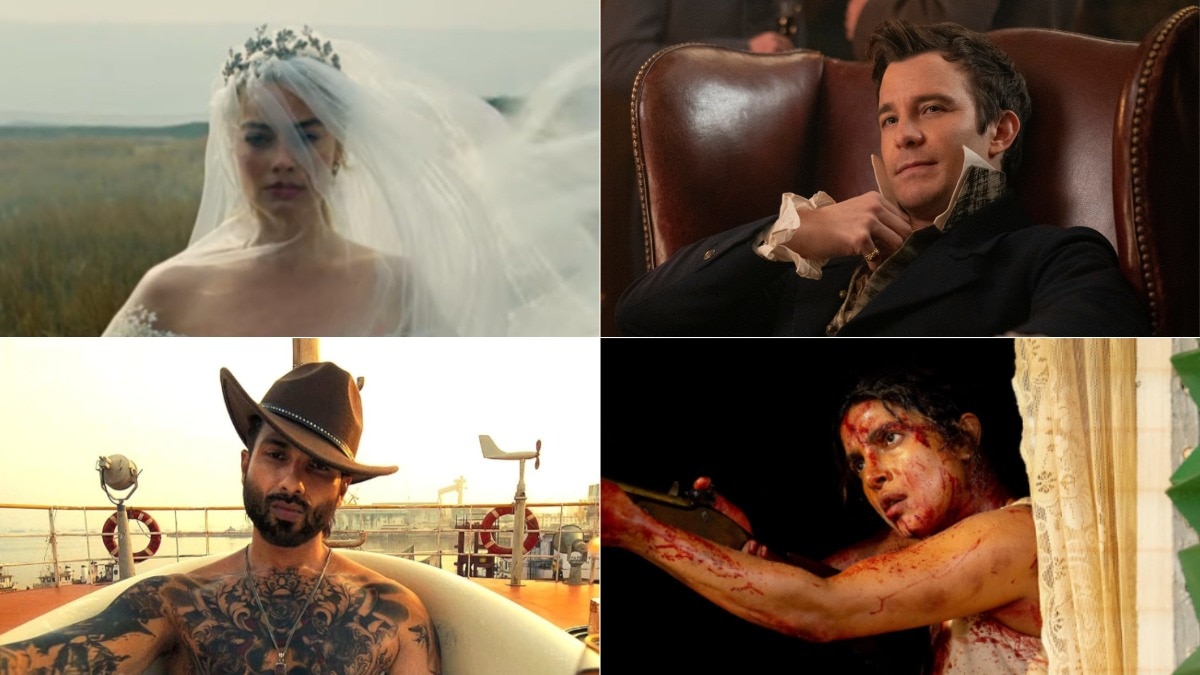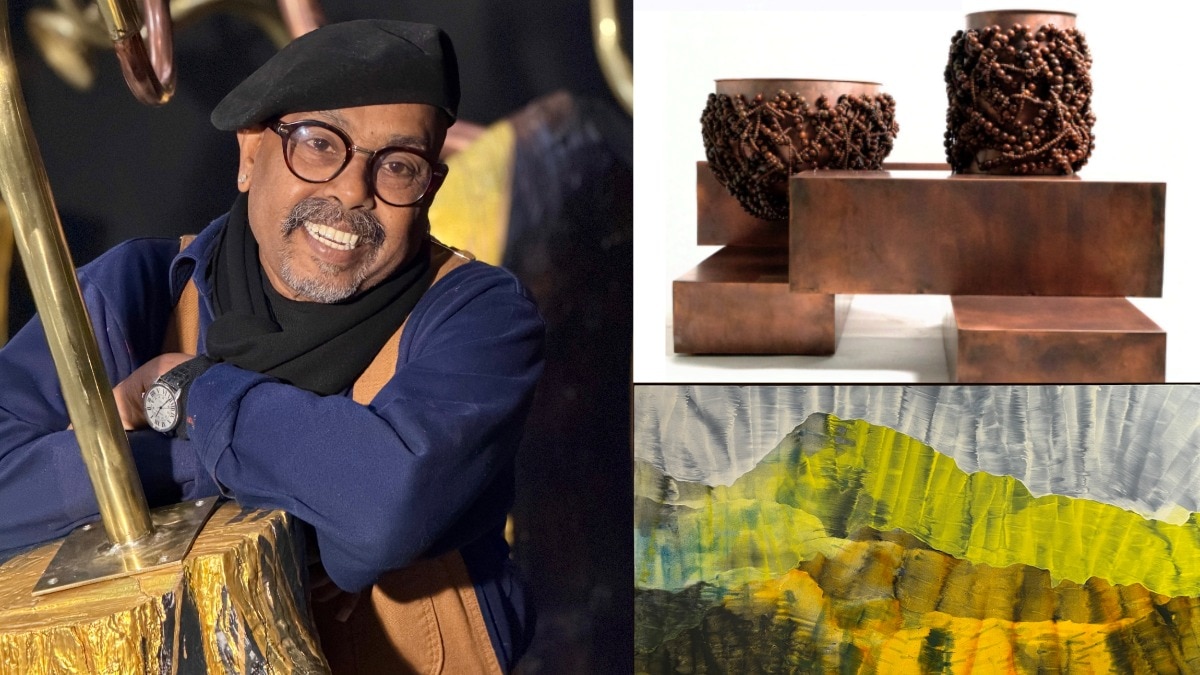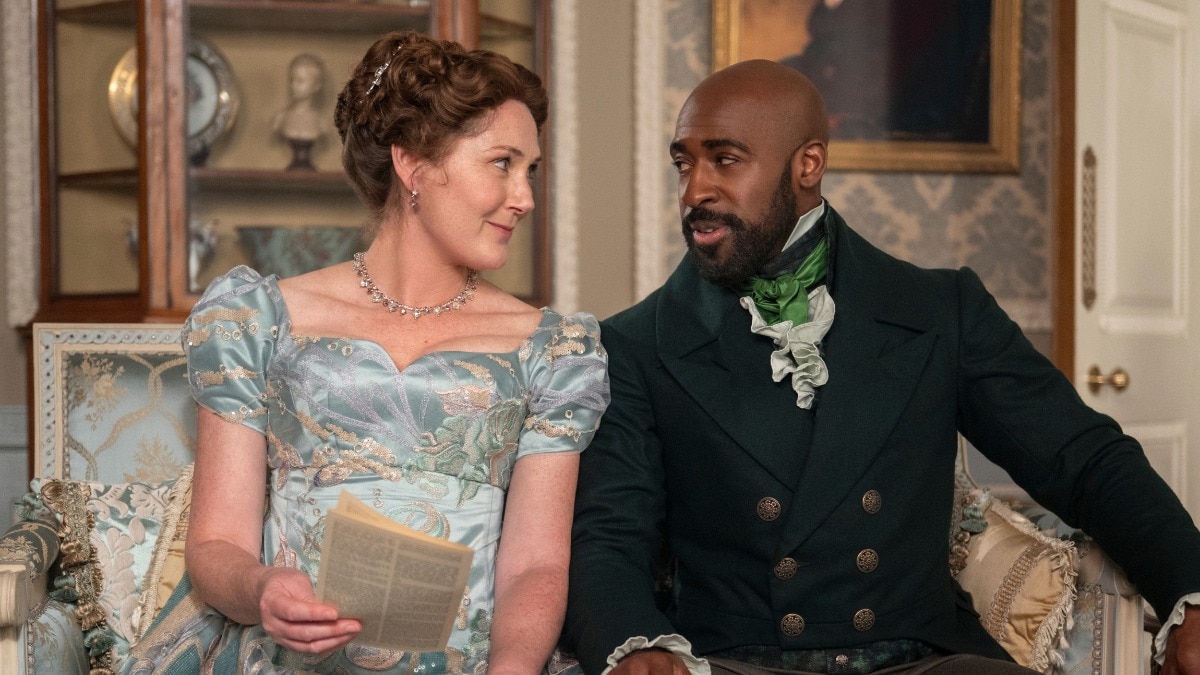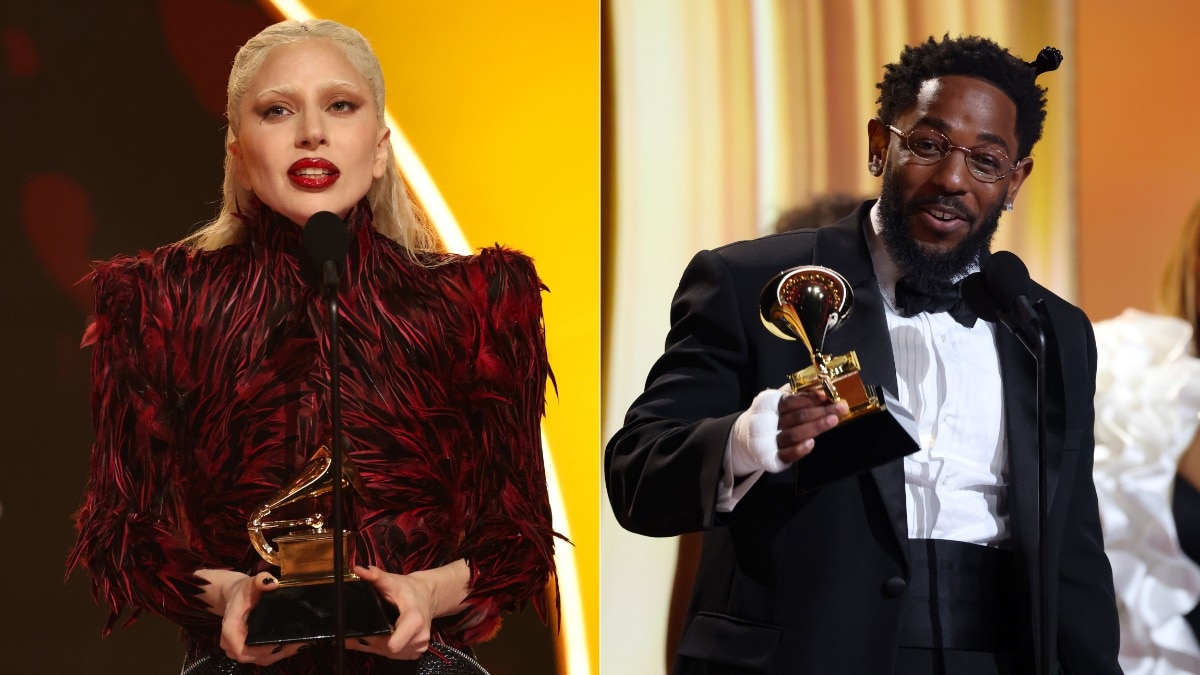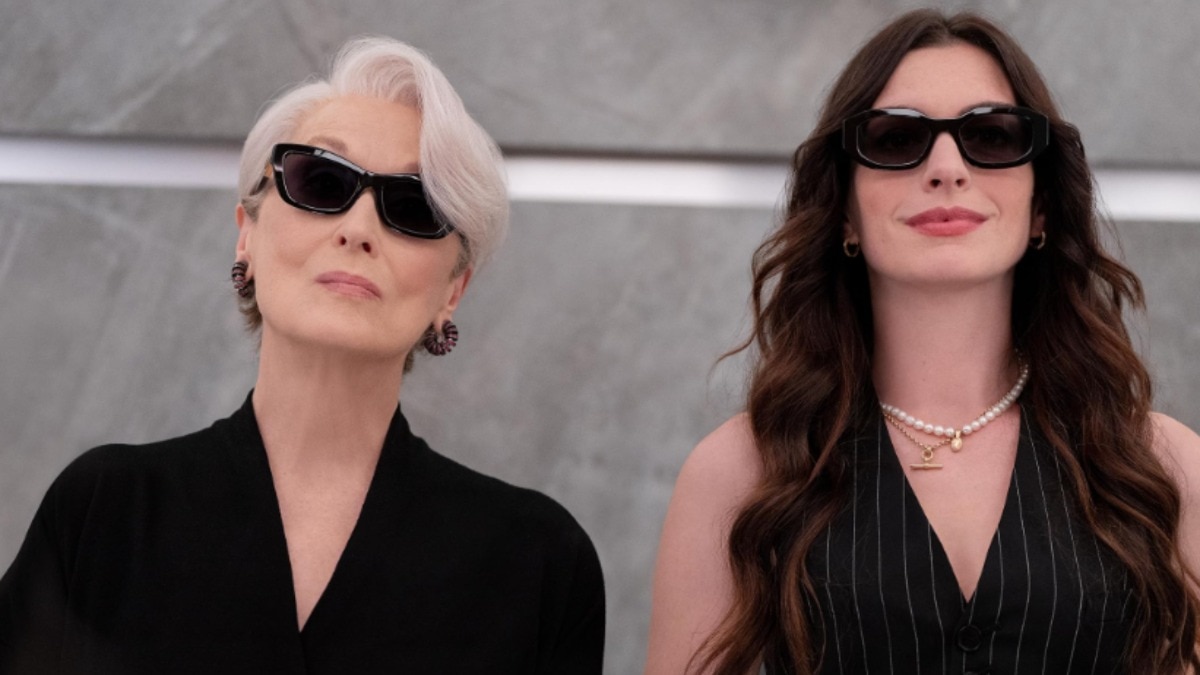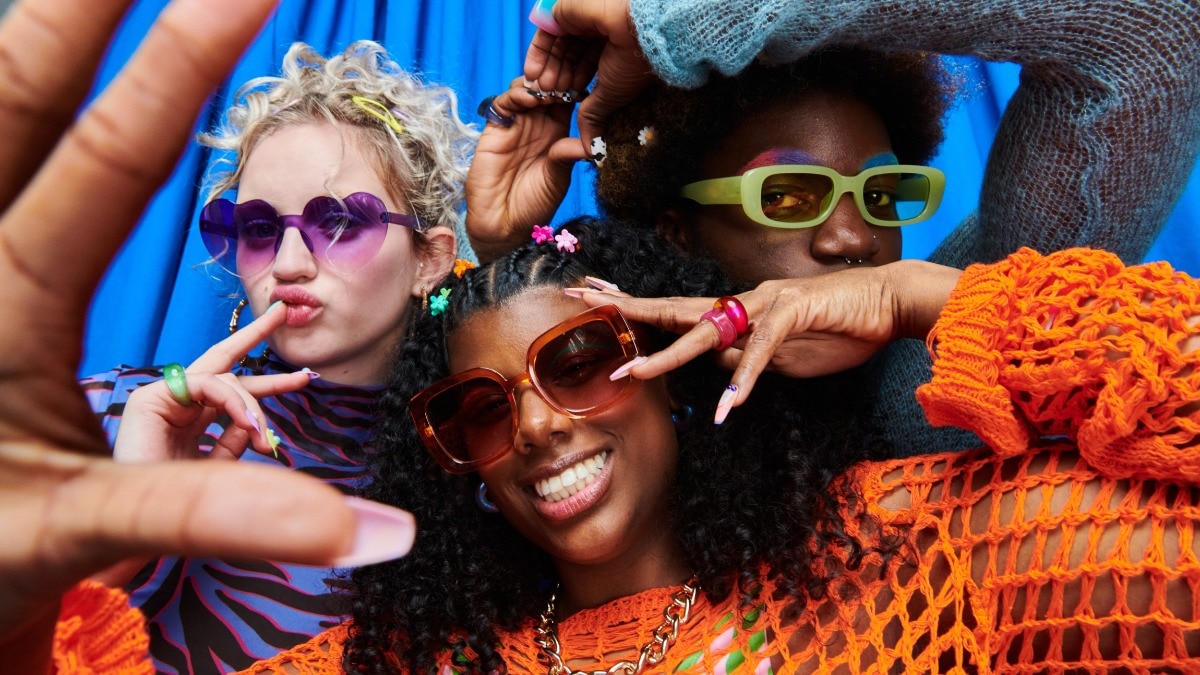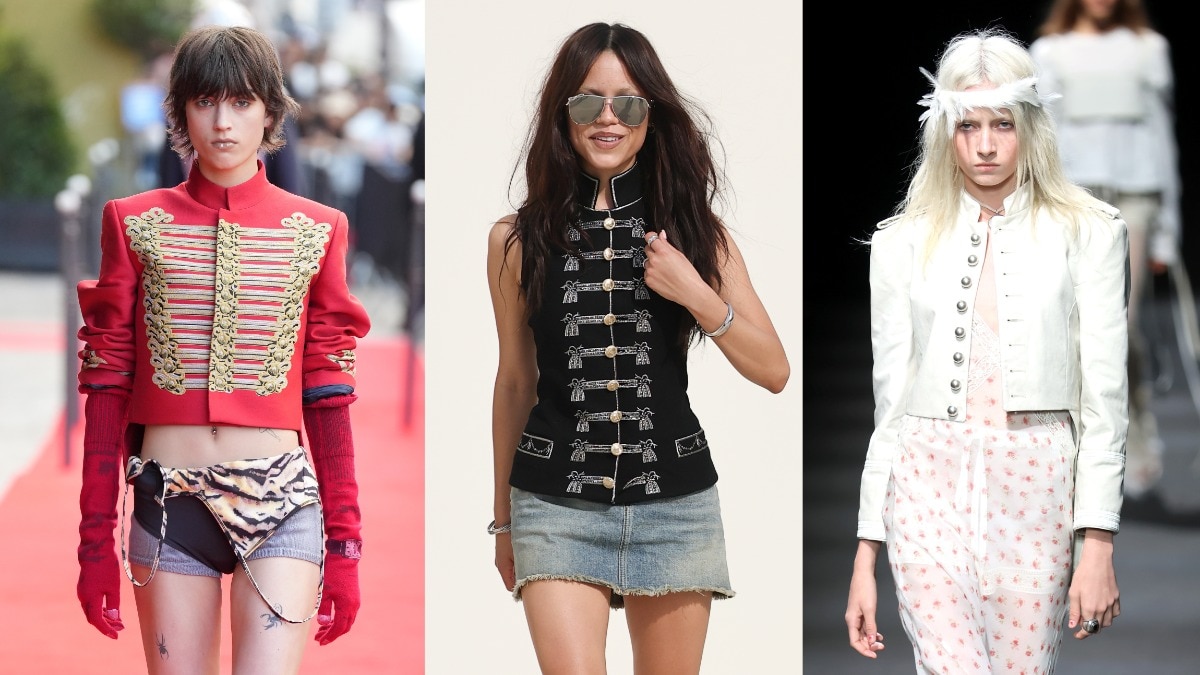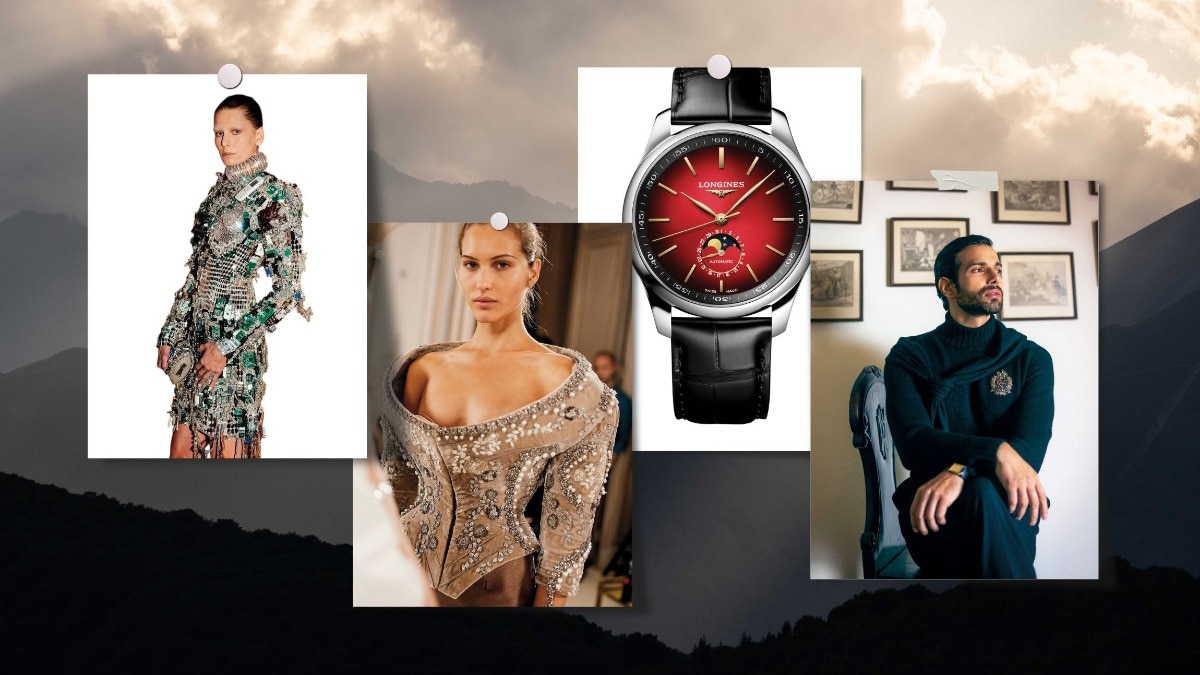The Cannes Film Festival has for long been a platform for dissent for the world of cinema
We give you glimpse into its colourful history.


Since its inception in 1946, the Cannes Film Festival has not only been revered as a platform to recognise the artistic achievement and creativity but also a space for artists, filmmakers, and those interested in the art form to come together for an exchange of ideas, thoughts and opinions. Filipino filmmaker Lav Diaz once said, “Cinema is the greatest mirror of humanity’s struggle. You see this alternative world, but you’re a part of it. Everybody is a part of it. This is our world.” And somewhere in the middle of the two worlds of cinema and reality, lies the Cannes Film Festival. Its evolution has been replete with revolutionary, vibrant and impactful occurrences of dissent and in many ways bridged the gap between cinema and society through the various protests that have been witnessed here. These movements have given impetus to discourse, debate and change. With what began as a protest by cine artists 54 years ago, has been the root for every act of dissent since. From protesting against the festival’s orthodox dress code to the #MeToo movement taking flight, Bazaar India takes you back in time to give you a glimpse of the various movements that have been brought to light at the Cannes Film Festival.
When Jean Luc Godard and Francois Truffaut shut down Cannes in 1968

One of the most notable and earliest protests at the Cannes Film Festival took place in May 1968 when the French New Wave Stalwarts such as Jean-Luc Godard and Francois Truffaut took centre-stage to express their solidarity in the wake of student protests that had been taking over the nation and had even escalated to country-wide strikes and riots. In the midst of all this frenzy, the Cannes Film Festival was all set to take place. Labelling themselves as the Cinematheque Defence Committee, these filmmakers argued about the frivolity of the endless champagne and social meets during an on-going protest and fight for rights. “The radio announces by the hour that factories are occupied or closed,” said Truffaut. “The trains have stopped, and the metro and buses will be next. So to announce every hour that the Cannes Film Festival continues is just ridiculous.” “We’re talking solidarity with students and workers,” he said, “and you’re talking about dolly shots and close-ups. You’re ass***es,” Godard added. The cine artists knew that they would be held accountable for their behaviour that year—and for several years after. But really, they wouldn’t have it any other way.
The resistance to new-age cinema in 1968
The Cannes Film Festival of 1968 also so protests for another cause—one close to the heart of new-age filmmakers who were protesting against the script-heavy, studio-dependent films that were given much importance at the festival, and the censorship disseminated towards the new-wave filmmakers. These films were a breath of fresh air in their bold, erratic and playful female characters, rebellious stories. In an article, Film historian Dudley Andrew says that the group’s ambitions for cinema was “not just to give rise to a new form, but for it to have social effect.”
A photographer’s strike in the ‘70s

Imagine arriving at the red carpet with no one to pose for—no frenzy of photographers trying to capture the perfect picture as the celebrities, famously walk up the stairs. Seems hard to believe, doesn’t it? Well, during the Cannes Film Festival in 1975, when Paul Newman refused to pose for the photographers, he was met with a cameras-down strike during the ‘Climbing of the Steps.’ He was on one of the first leading actors of Hollywood to face this. However, the strike fizzled out in a day, with an official apology to the photographers.
When the dress code was revolted against in the ‘90s

The ‘90s, was characterised by rebellion, non-conformity and questioning convention. The Cannes Film Festival was no exception. Since it began, the festival has been defined by abundant champagne, yacht parties and luxurious resorts. The dress code was attuned to this nature—suit and tie for the men and below-the-the-knee dresses for the women. Yet, the festival during ‘90s, saw a loud, clear and powerful statement about going the unconventional way. Pop-culture icon Madonna, arrived at the red carpet in a long pink robe, that she took off while climbing down the stairs, and was seen in nothing but a set of lingerie. Her gesture became the bed-rock for others to voice their own dissatisfaction with such norms, such as Kristen Stewart who very effortlessly, in a without-a-care kind of manner removed her Christian Louboutin heels and held them in her hand on the red carpet in 2018.
When the #MeToo made its way to Cannes in 2018

A few are unfamiliar with the nuances of the #MeToo movement that took the world by storm. The movement also made its way to the film festival in 2018, with the like of Asia Argento, Agnes Verda and Cate Blanchett taking centre-stage to voice out the need for gender equality and more. ‘Women are not a minority in the world, yet the current state of our industry says otherwise,’ said Blanchett. During the same year, at the closing ceremony of the festival, Italian filmmaker Asia Argento called the festival a “hunting ground,” and narrated a personal experience of assault and abuse that she had faced at the hand of Harvey Weinstein.
When the Russia-Ukraine war was an integral part of the festival in 2022
During the 75th Cannes Film Festival that took place in May 2022, the Russia-Ukraine war became an important matter of discourse, even amidst the festivals’ grandeur and opulence. There were many moments during the festival that captured the essence of the horrific scenes of the war itself. A woman arrived at the red carpet, stripped off her clothes and revealed the colours of the Ukrainian flag that were painted on her body with the words, “Stop raping us,” in black. A Ukranian film producer wore a t-shirt that said, “Sensitive Content: Russians kill Ukrainians.” The festival saw filmmakers and artists across the world coming together in solidarity against war itself.
Cinema and all its facets will continue to be voices of dissent in their own way and be a powerful medium that portrays injustices, inequalities and more.

